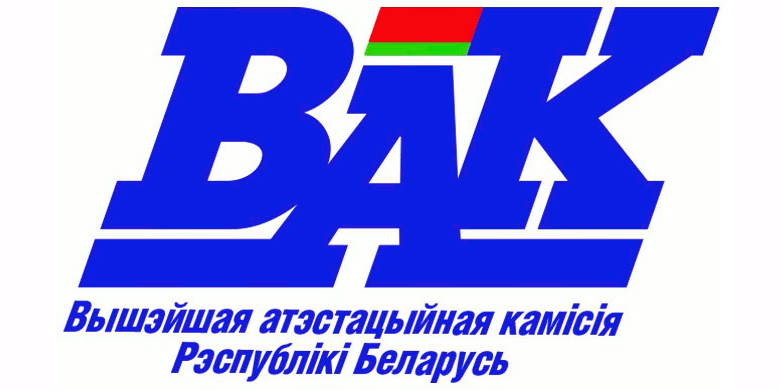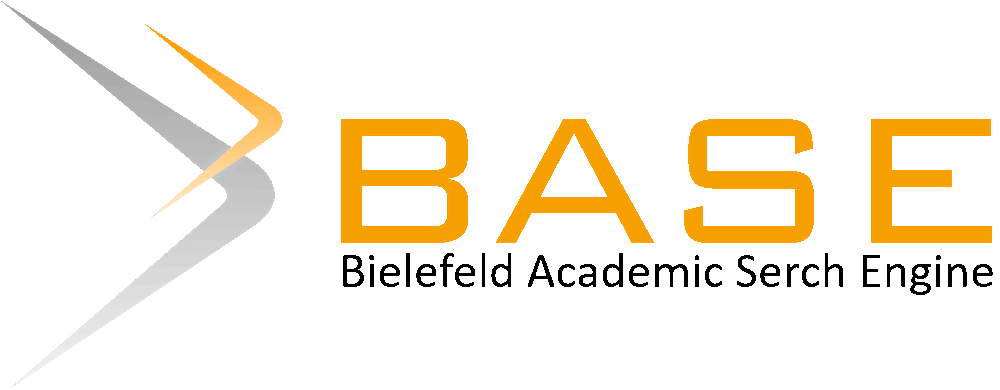Распространенность мутаций в генах TP53, ATM, NBS1, CHEK2 при ранних формах рака молочной железы у пациенток из Республики Беларусь
Abstract
В работе представлены результаты молекулярно–генетического тестирования на наличие мутаций в генах TP53, ATM, NBS1, CHEK2 среди пациентов с раком молочной железы, проживающих на территории Республики Беларусь. Определены частоты мутацийp.R273C, p.R248W, p.R175H, p.R282W, p.R337H в гене ТР53; p.C49S в гене ATM; g.657del5 в гене NBS1; g.1100delC и g.IVS2+1G>A в гене CHEK2 в основной группе и группе сравнения. Среди пациентов с РМЖ были выявлены мутации в 2,87 % случаев (5/174), из них на мутации в гене TP53 приходится более 80 %. Вклад других генов (ATM, NBS1 и CHEK2) представляется менее существенным. Однако при дифференциальном подходе к анализу частоты встречаемости мутаций в исследуемых генах, а именно при выделении группы пациентов с отягощенным семейным анамнезом, частота встречаемости мутаций возрастает до 8,5 % (основной вклад – мутаций в гене ТР53 (около 80 %), на CHEK2 приходятся остальные случаи). The study presents the results of molecular genetic testing for mutations in TP53, ATM, NBS1, CHEK2 genes among patients with breast cancer from Belarus. The frequencies of mutations p.R273C, p.R248W, p.R175H, p.R282W, p.R337H in TP53 gene; p.C49S in ATM gene; g.657del5 in NBS1 gene; g.1100delC and g.IVS +1G>A in CHEK2 gene in the main group and the comparison group. Among patients with breast cancer have been identified mutations in 2.87 % of cases (5/174), of which mutations in the TP53 gene accounts for more than 80 %. The contribution of other genes (ATM, NBS1 and CHEK2) seems less important. However, the differential approachto the analysis of the incidence of mutations in the genes studied, namely the allocation of the group ofpatients with a family history, frequency of mutations is increased to 8.5 % (the main contribution – mutations in the TP53 gene (about 80 %) fall in the CHEK2 the remaining cases).References
Имятников, Е.Н. Наследственный рак молочной железы / Е.Н. Имятников// Практическая онкология – Т.11 – №4 – 2010 – C.258–266;
Garcia–Closas, M. Genetic susceptibility loci for breast cancer by estrogen receptor status / M. Garcia–Closas, S. Chanock // Clin Cancer Res. – 2008 – Vol.14 – №2 – P.8000–8009;
Phuong, L. Mai Li–Fraumeni syndrome: report of a clinical research workshop and creation of a research consortium // L. Mai Phuong [et al.] // Cancer Genet. – 2012 – 205(10):479–487;
Kory, W. Jasperson Hereditary and Familial Colon Cancer / Kory W. Jasperson [et al.] // Gastroenterology – 2010 – 138(6):2044–2058;
Petra van der Groep Pathology of hereditary breast cancer / Petra van der Groep, Elsken van der Wall, Paul J. van Diest // Cell Oncol (Dordr) – 2011 – 34(2):71–88;
Chompret, A. The Li–Fraumeni syndrome. / A. Chompret // Biochimie – 2002 – P.75–82;
Bell, D.W. Heterozygous germ line hCHK2 mutations in Li–Fraumeni syndrome / D.W. Bell [et al.] // Science – 1999 – P.2528–2531;
Sodha, N. Increasing evidence that germline mutations in CHEK2 do not cause Li–Fraumeni syndrome / N. Sodha [et al.] // Hum. Mutat. – 2002 – P.460–462;
Meijers–Heijboer, H. Low– penetrance susceptibility to breast cancer due to CHEK2(*)1100delC in noncarriers of BRCA1 or BRCA2 mutations / H. Meijers–Heijboer [et al.] // Nat. Genet. – 2002. – P.55–59;
Zhang, Z.H. Current evidence on the relationship between two polymorphisms in the NBS1 gene and breast cancer risk: a meta–analysis / Z.H. Zhang [et al.] // Asian Pac J Cancer Prev. – 2012 – 13(11):5375–9;
Ahmed, M. ATM and breast cancer susceptibility / M. Ahmed, N. Rahman // Oncogene – 2006 – 25, 5906–5911;
Kheirelseid, E.A. Bilateral breast cancer: analysis of incidence, outcome,survival and disease characteristics / E.A. Kheirelseid [et al.] // Breast Cancer Res. Treat. – 2010 – 126(1):131–40;
Johanson, H.C. DNA elution from buccal cells stored on Whatman FTA Classic Cards using a modifed methanol fxation method / Helene C. Johanson [et al.] // BioTechniques – 2009 – 46:309–311.













